Is It Safe To Wash Hair With Soap?
Find the answer to the question that you have been wondering about for years.
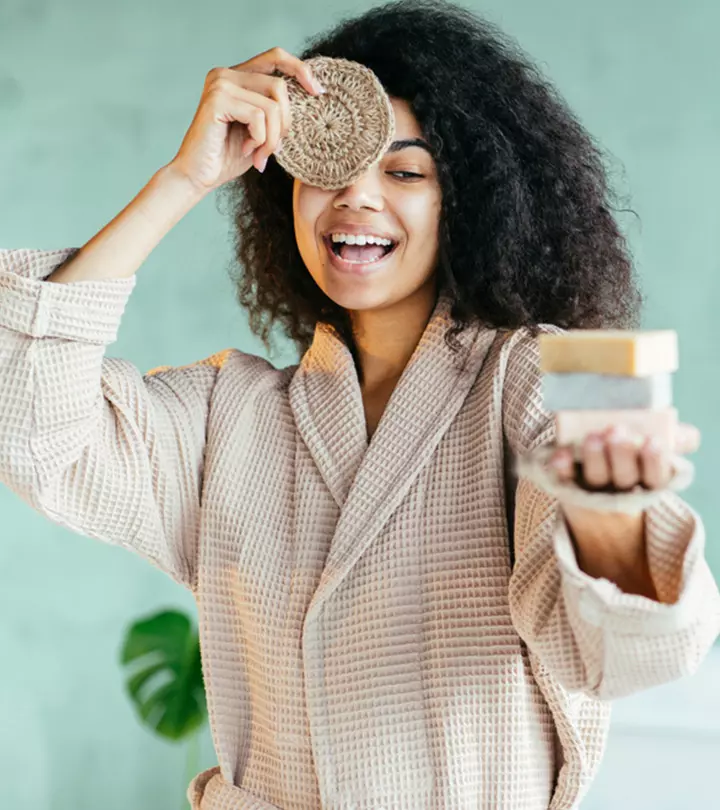
Image: ShutterStock
Wash your hair with soap to keep it healthy. Yes, you read that right. Until shampoo was invented, washing hair with soap was a common practice. Shampoo became a go-to product for every man and woman as it helped keep the scalp and hair clean, washed away sweat and grease, prevented odor and lice, and was used for maintaining hair hygiene during baths. But now that soap is making a comeback, is it really good for your hair? Can soap cause hair damage? Or, is a cheap and safe shampoo a good alternative? Read on to find all the answers!
 Did You Know?
Did You Know?In This Article
Soap For Washing Hair – Is It Good?
Soaps are designed to cleanse your skin and have an alkaline pH. Using soaps on the scalp and hair may lead to the following:
- Tangled Hair:
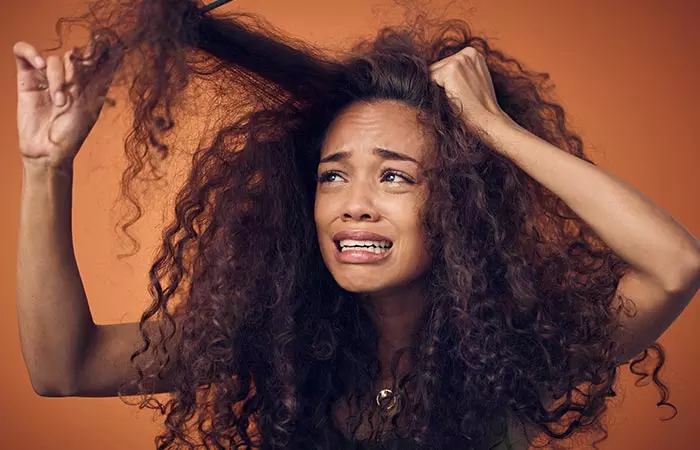
Hair tangles or knots are not pleasant to detangle. The process can be painful, time-consuming, and may cause hair breakage and damage. The alkaline pH of the soap roughens the hair shafts and makes them tangle-prone. Shampoos have an acidic pH that may help prevent your hair from tangling.
- Rough Hair:
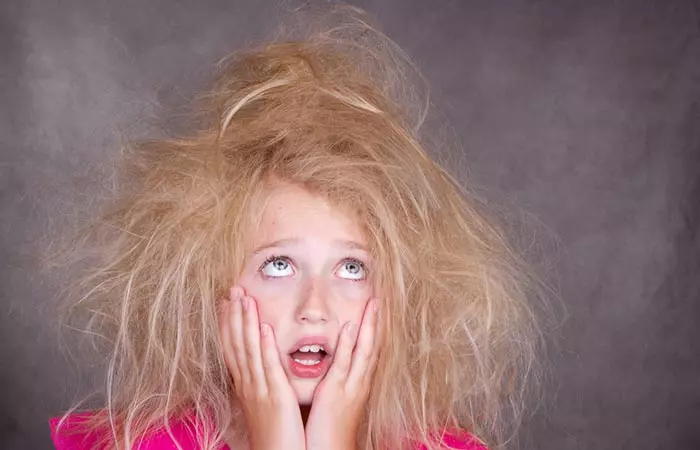
Soaps do not have scalp and hair conditioning properties like shampoos. Using soap may cause frizzy hair. Soaps are solid at room temperature, and hence, adding conditioning ingredients to them is difficult than shampoos.
- Soap Scum:
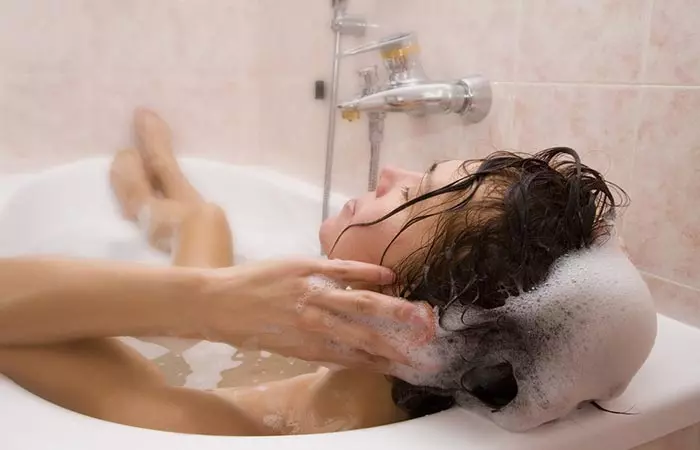
- Soap scum is the white residue that forms when soap mixes with hard water. This residue can remain on your scalp and hair, causing product buildup and issues like dandruff, dull and dirty hair.
Kendra, a blogger, talks about her experience of giving up shampoo and switching to baking soda, a healthier alternative according to her. On her blog, she writes, “Using baking soda instead of shampoo is a good way to cleanse your hair without stripping it of its oils (i).” She adds, “I started out by combining a tablespoon of baking soda with a cup of water in a little ramekin every two or three days.”
To dig a little more, let’s look at the ingredients list of soap and if those ingredients are safe to be used on hair. Scroll down.
Key Takeaways
- Soap was the go-to hair cleansing product for most people until shampoo was invented.
- Soaps have a high alkaline pH and may cause hair tangling and roughness, making them unsuitable for hair washing.
- Go for the soaps that are formulated with natural cleansing ingredients to cleanse your hair.
Ingredients In Soap – Are These Safe For Hair?
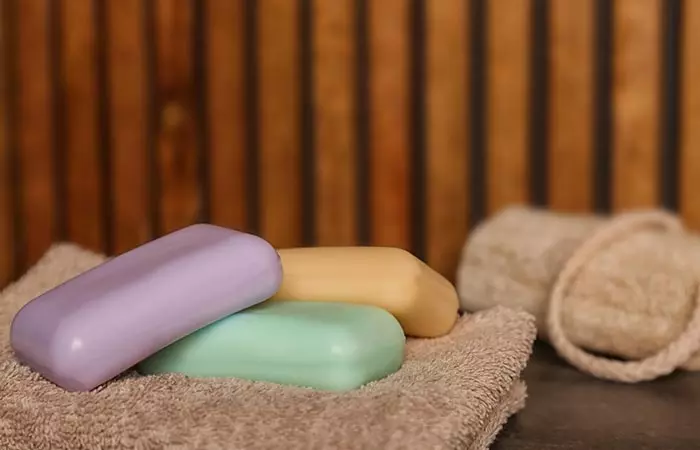
Soap contains
- Animal fat or vegetable oils like coconut and olive oils. However, castile soap is free of animal fat and synthetic ingredients.
- Lye or sodium hydroxide or potassium hydroxide (which has a high pH)
- Water
- Preservatives
- Colors
- Scent (essential oils)
While none of these ingredients are harmful to the skin, the high pH (alkaline) of soaps due to the presence of lye and soap scum makes them unsuitable for hair washing. However, there are a few soaps that you can use on the hair. Scroll down to find out.
What Soaps Can You Use For Washing Hair?
 Quick Tip
Quick Tip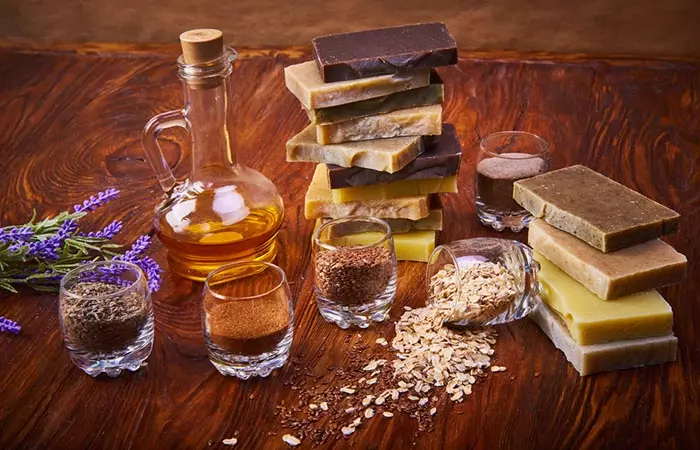
There are a few soaps that you can use to wash hair. These hair care soaps are formulated with natural cleansing ingredients. Some may also contain moisturizing ingredients to reduce the post-wash roughness.
For instance, soaps that contain Indian soapberry (reetha), gooseberry (amla), and soap pod (shikakai) can be used for washing all hair types – straight, wavy, and curly hair. Many organic and handmade artisanal soaps do not contain a surfactant, which results in the absence of foam and lather formation.
You can also buy travel-friendly and spill-free shampoo bars or make your own DIY shampoo bars. The shampoo bars are loaded with moisturizing ingredients and do not strip the natural moisture of the hair strands as regular soaps do. Along with shampoo bars, you can also use conditioner bars. Both shampoo and conditioner bars are formulated with nourishing components like aloe vera and plant oils and butters that promote flowing tresses and make the hair more manageable.
You can also try washing your hair with dish soap to remove the residue buildup on the scalp. Dish soap acts as a good clarifying hair treatment, aiding in reducing stubborn dandruff, grease, excess oil, and buildup on the scalp and hair that regular shampoos often cannot handle. However, it is also formulated with harsh chemicals, and if used in higher quantities, it can have adverse effects on the tresses. It may dry out the ends and strip your strands of its natural oils and, hence, is not a recommended option.
Pro Tip: Always apply a conditioner after washing your hair with a shampoo bar or soap. Do a 10-minute hot oil massage before hair wash. Always wash with lukewarm water.
To make the transition from shampoo to soap wholesome, there are a few simple tips that you can keep in mind as well. Scroll down to learn them!
5 Practical Tips For Washing Your Hair With Soap
Here are 5 simple and useful tips for thoroughly washing your tresses with soap, guaranteeing you get gorgeous, free-flowing hair post shower.
- Rinse hair with tepid water to avoid drying and open up the hair cuticles.
- Rub soap between your palms to create a lather and apply the lather to your scalp and wet hair.
- Focus on massaging the scalp with your fingertips, giving subtle pressure, this will help clean the roots without tangling or pulling hair.
- Ensure all soap residue is rinsed out to prevent buildup and leave hair feeling soft and clean.
- Use a conditioner or vinegar rinse to restore moisture and maintain smoothness after using soap on your hair.
Infographic: Why Washing Your Hair With Soap Is A Bad Idea?
There is a good reason shampoos are preferred to soaps as a hair-cleansing agent. With minimum conditioning properties, they can cause irreparable damage to your tresses. The below infographic lists just a few of the main hair problems that can occur while washing your hair with soap. Illustration: StyleCraze Design Team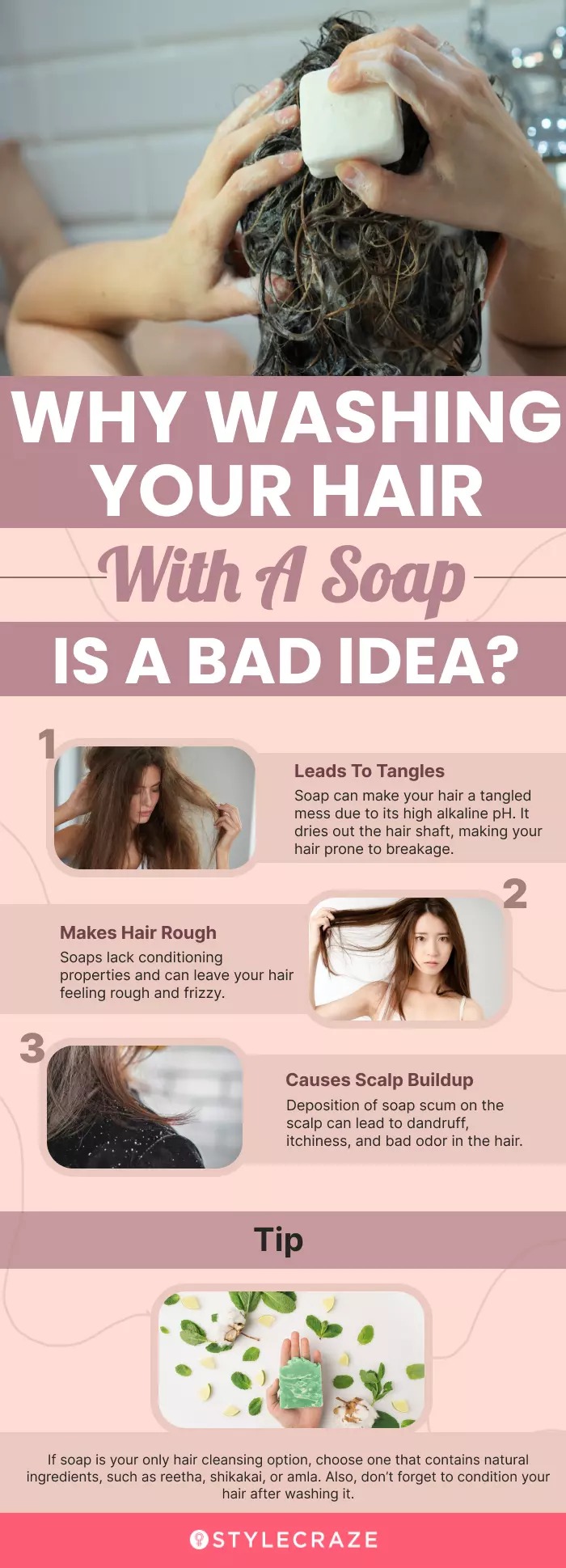
Soaps have an alkaline pH level, which could lead to hair issues like tangling, roughness, and product residue. Regular soaps contain ingredients like lye, animal fat, synthetic ingredients, preservatives, and colors that make them unsuitable for washing hair. You can try washing your hair with soaps made from natural ingredients like gooseberry, shikakai, and soapberry. You can also find many shampoo bars made with organic ingredients that are safe to use on your hair. Another great way is to prepare homemade shampoos with beneficial natural ingredients. These shampoos are actually useful if you shower regularly at the gym or travel frequently.
Frequently Asked Questions
Does soap make hair grow faster??
Soaps that contain natural cleansing ingredients may provide your hair with benefits. But science is yet to determine if they can speed up hair growth.
What are some common mistakes to avoid when washing my hair with soap?
• Using too much soap can cause buildup on your hair, making it look dull and lifeless.
• Failing to rinse thoroughly can lead to dryness and irritation of the scalp.
• Using harsh soaps, such as bar soaps designed for body use, can strip away natural oils from your hair, causing dryness and breakage.
• Overwashing your hair with soap can also cause dryness and damage.
• Skipping conditioner can lead to dry, frizzy hair.
How can I choose the right soap for washing my hair?
• Consider your hair type
• Consider your hair texture
• Consider any specific needs or concerns
• Choose a soap that is gentle
Illustration: Is Washing Hair With Soap Instead Of Shampoo Bad?
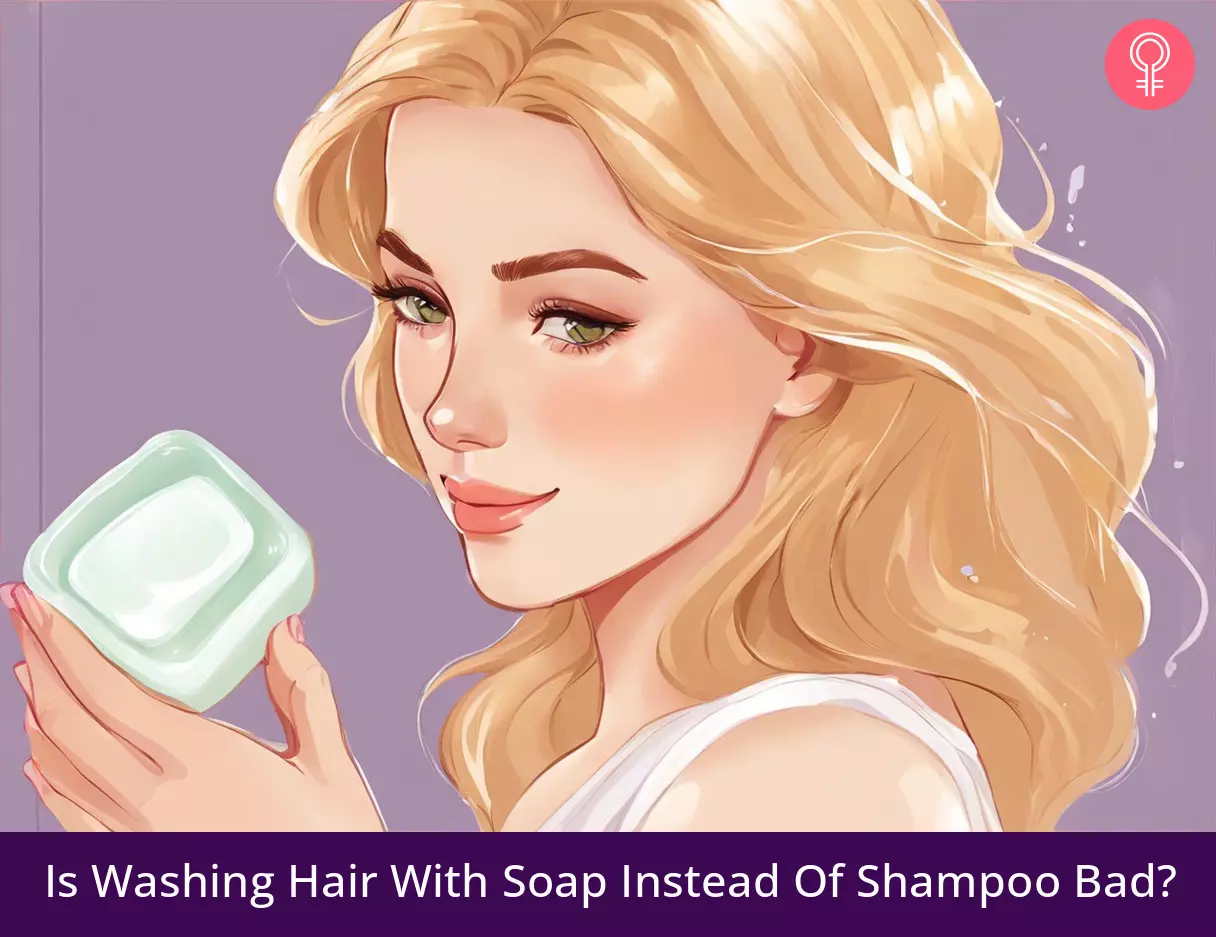
Image: Stable Diffusion/StyleCraze Design Team
Confused about which one to choose to wash your hair? Watch this video to learn the difference between soap and shampoo and which of the two works best for your hair.
Personal Experience: Source
StyleCraze's articles are interwoven with authentic personal narratives that provide depth and resonance to our content. Below are the sources of the personal accounts referenced in this article.
i. My No-Shampoo Hair Sagahttps://asonomagarden.wordpress.com/2009/04/03/my-no-shampoo-hair-saga/
Read full bio of Dr. Zeel Gandhi
Read full bio of Arshiya Syeda
Read full bio of Ramona Sinha
Read full bio of Medha Deb






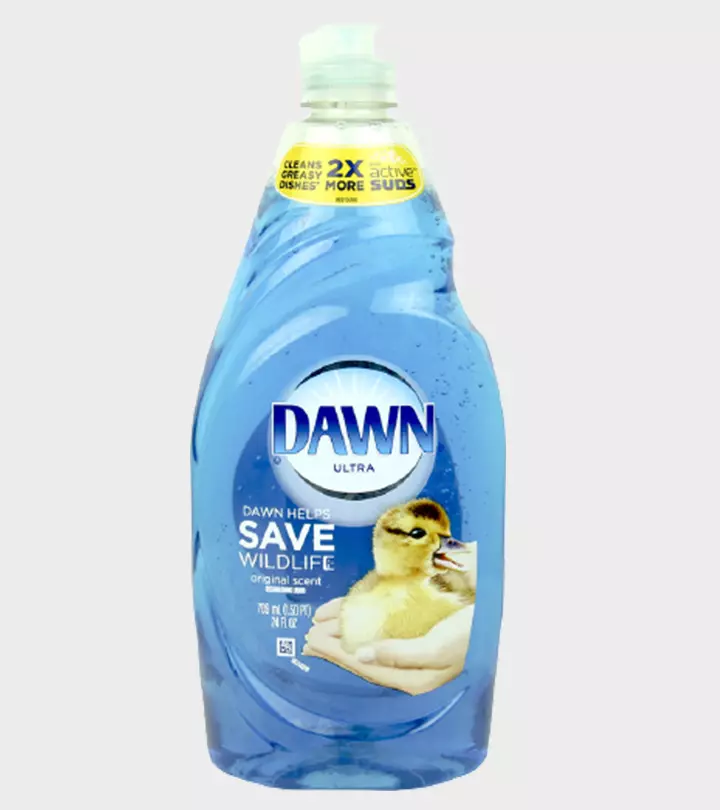
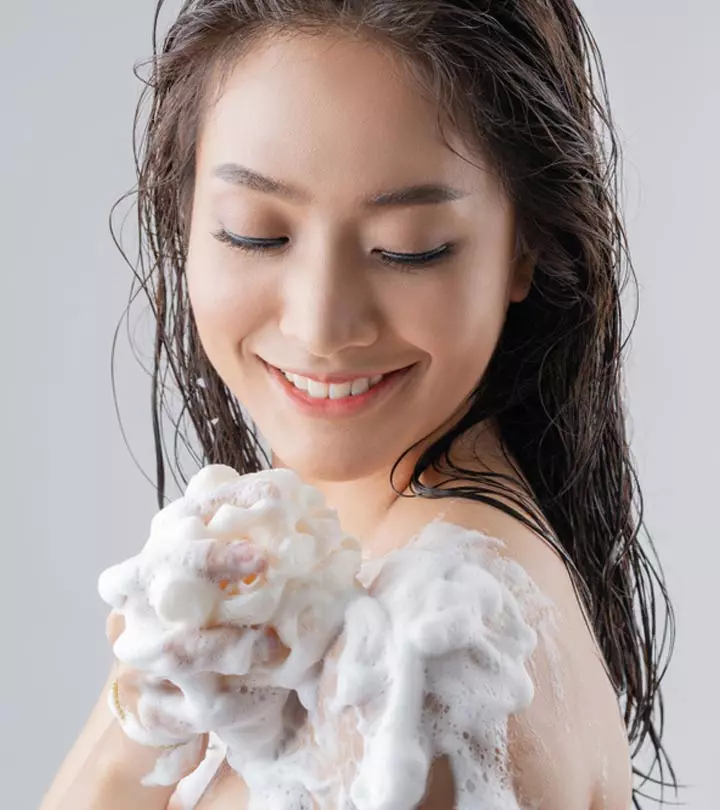
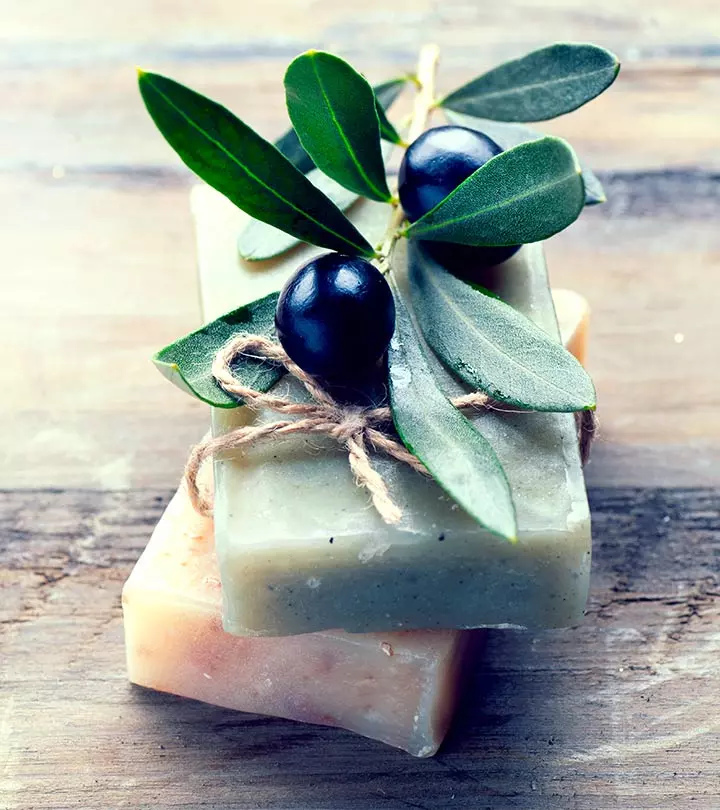
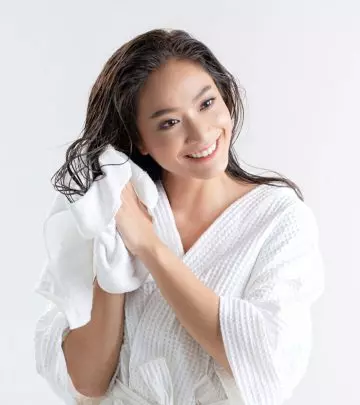
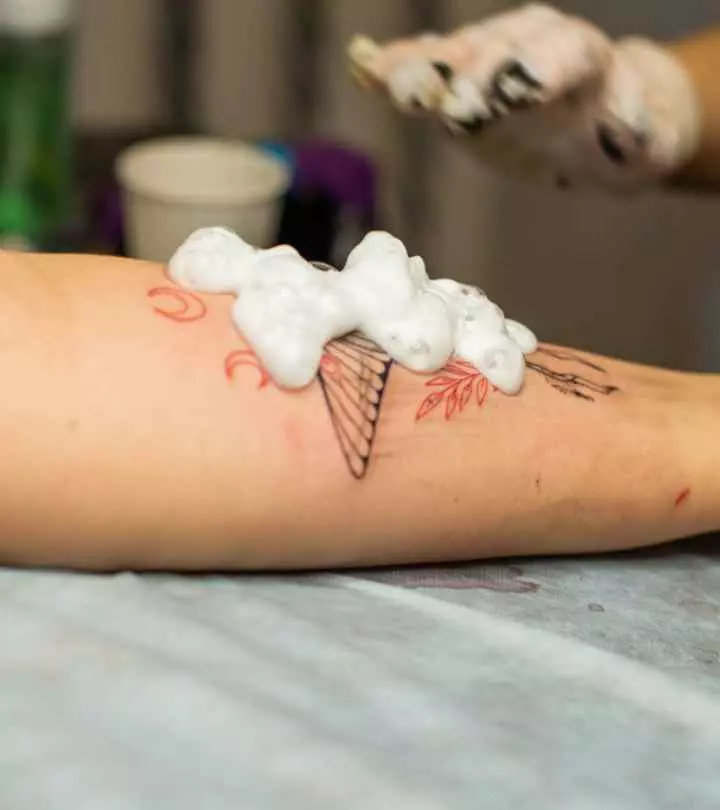
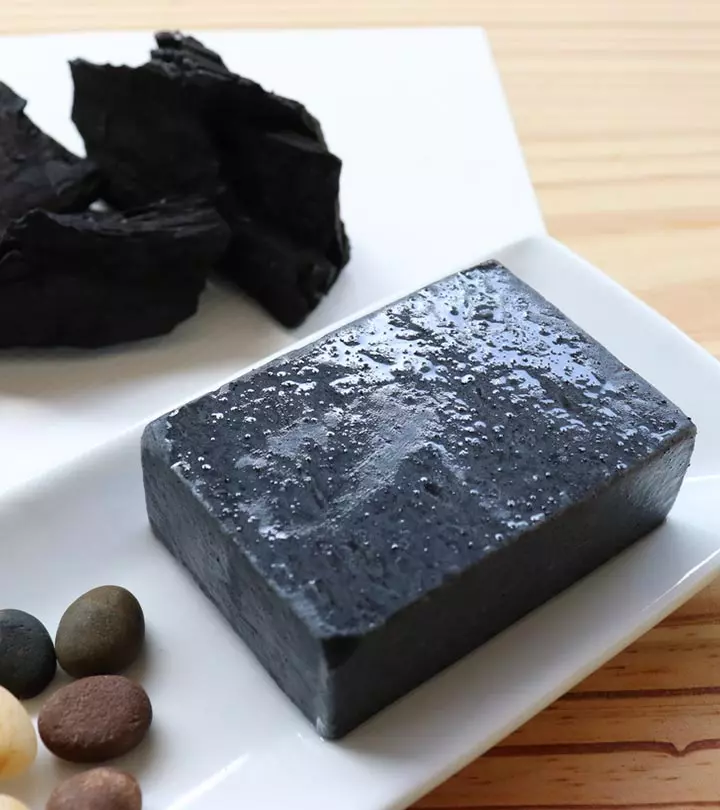
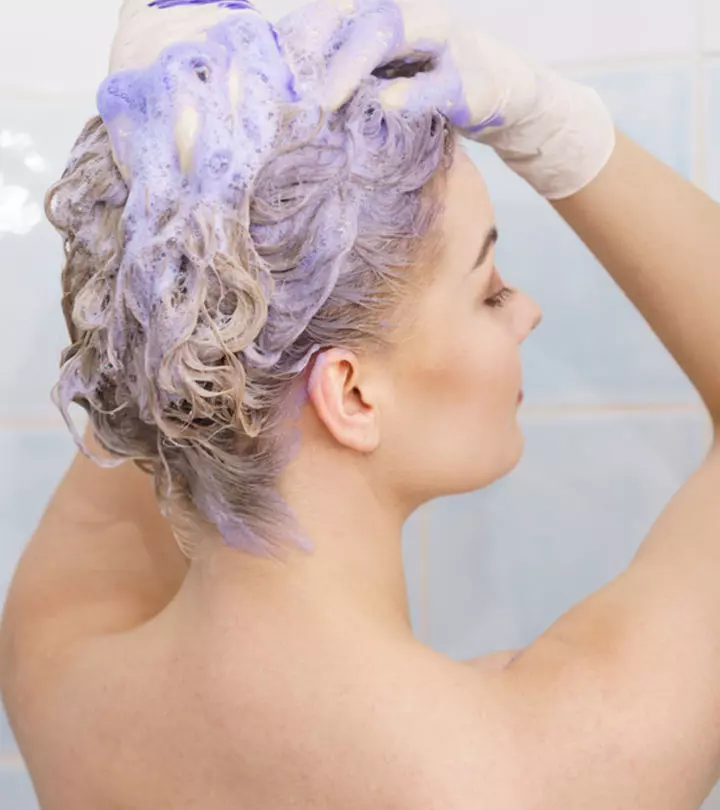
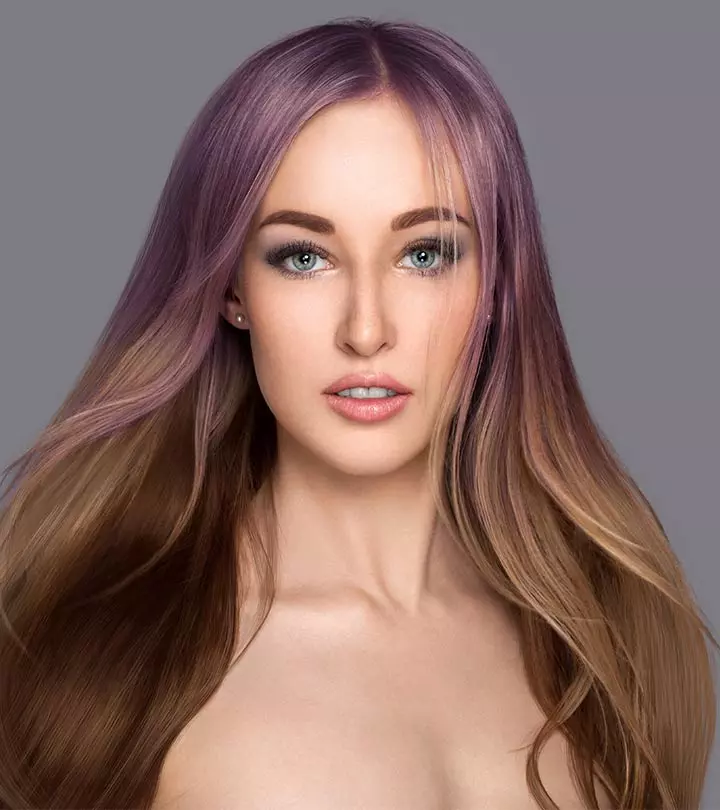
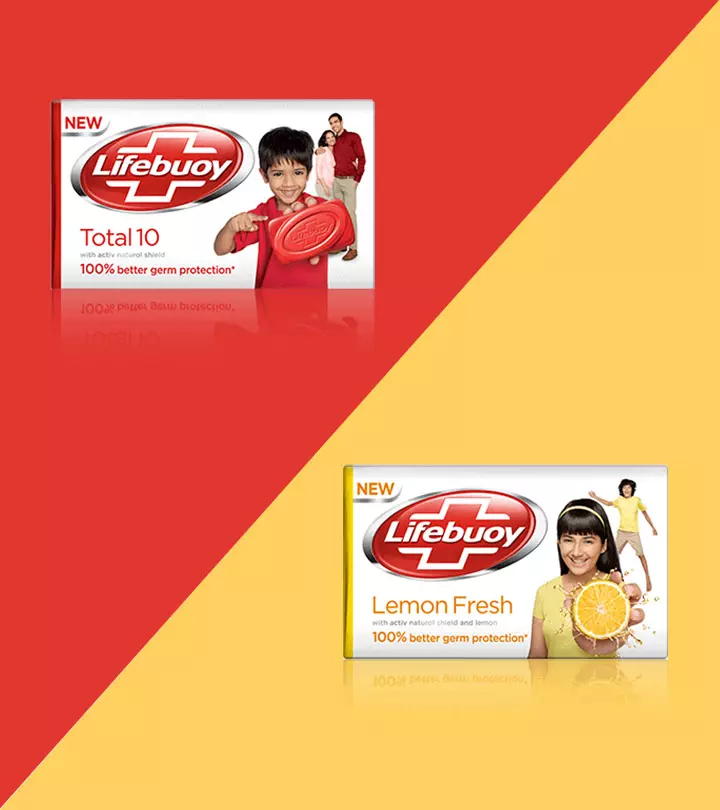
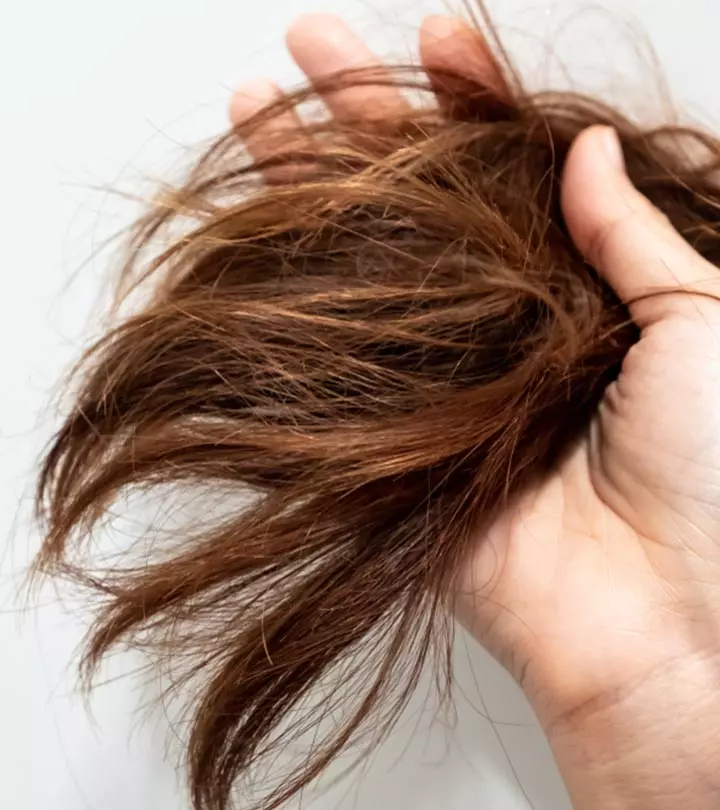
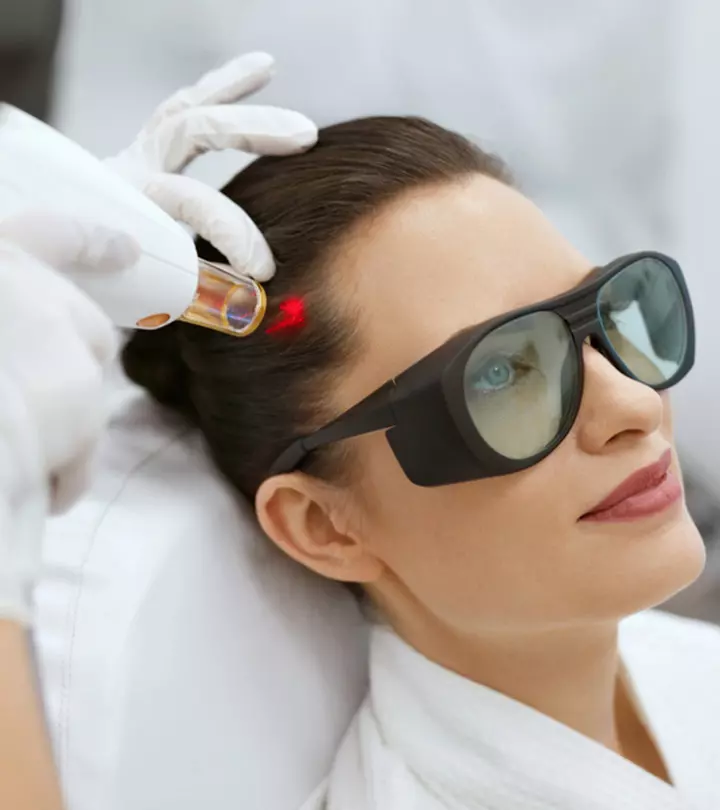

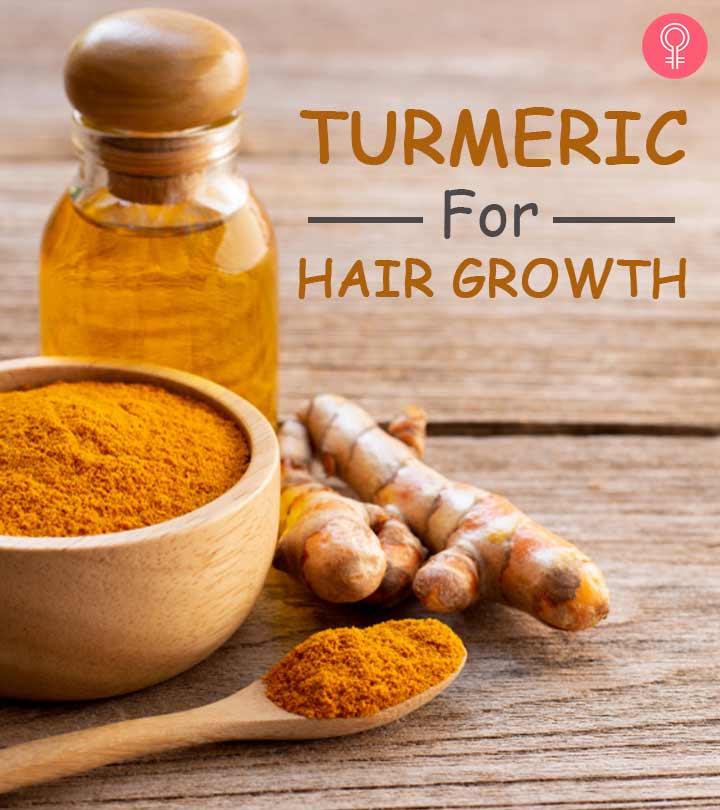
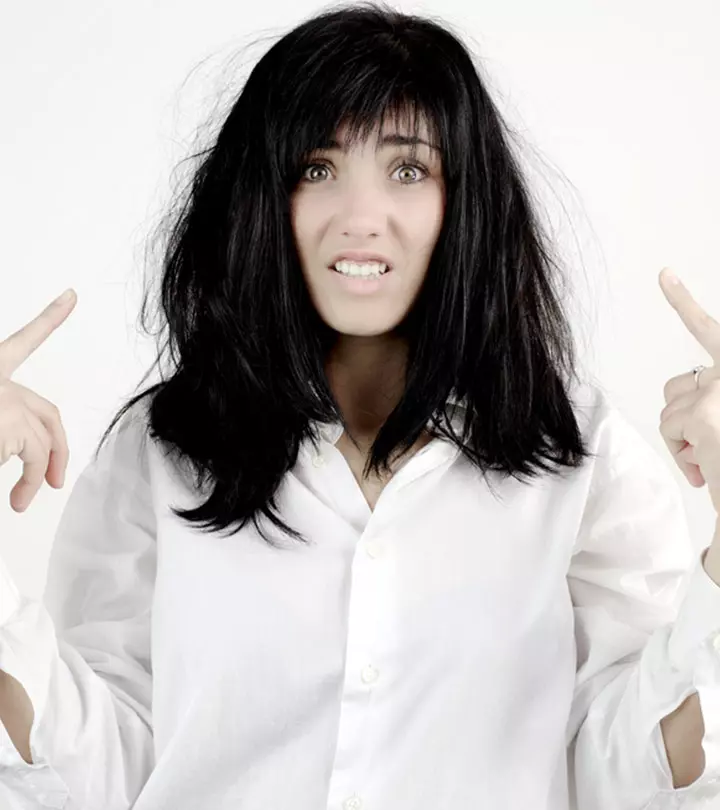
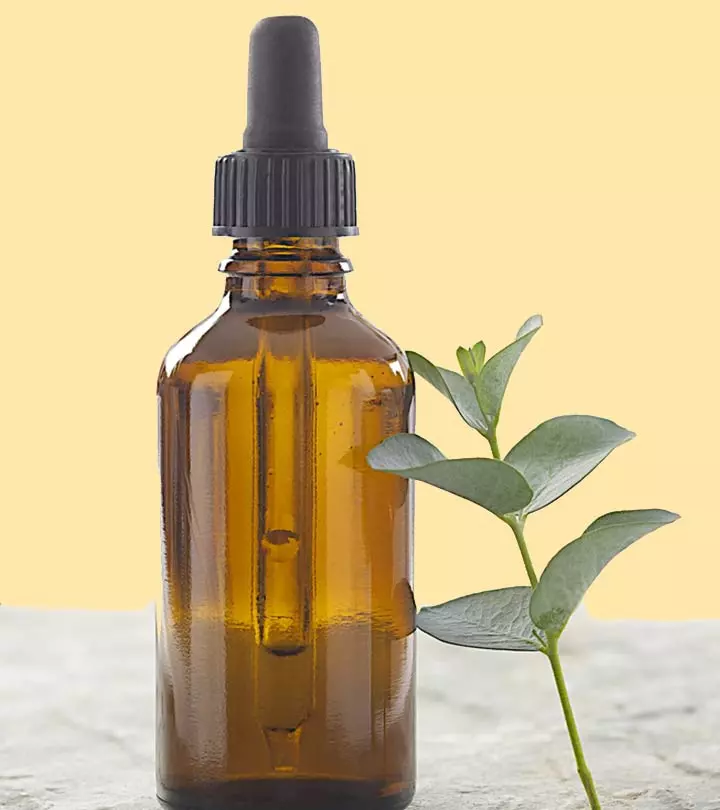
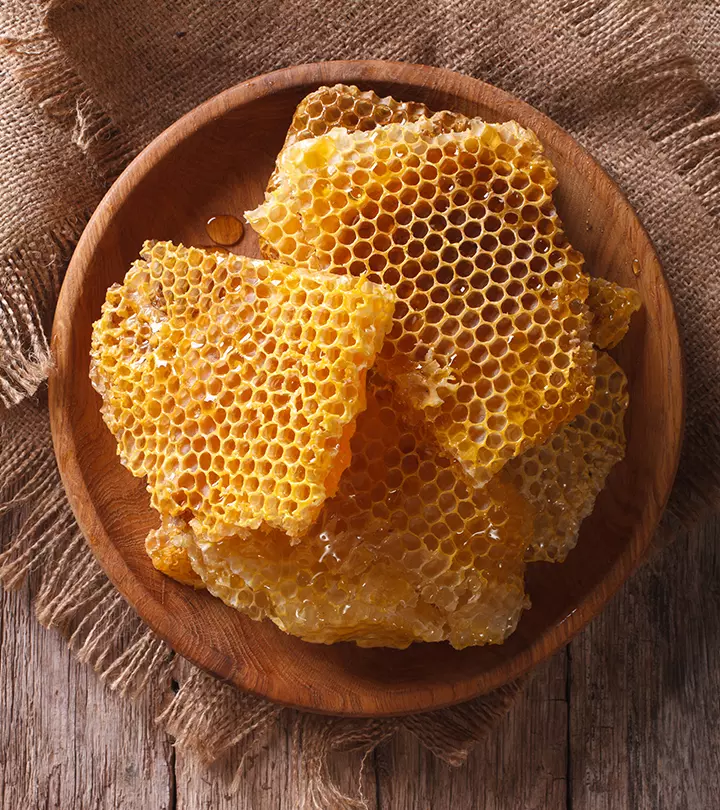
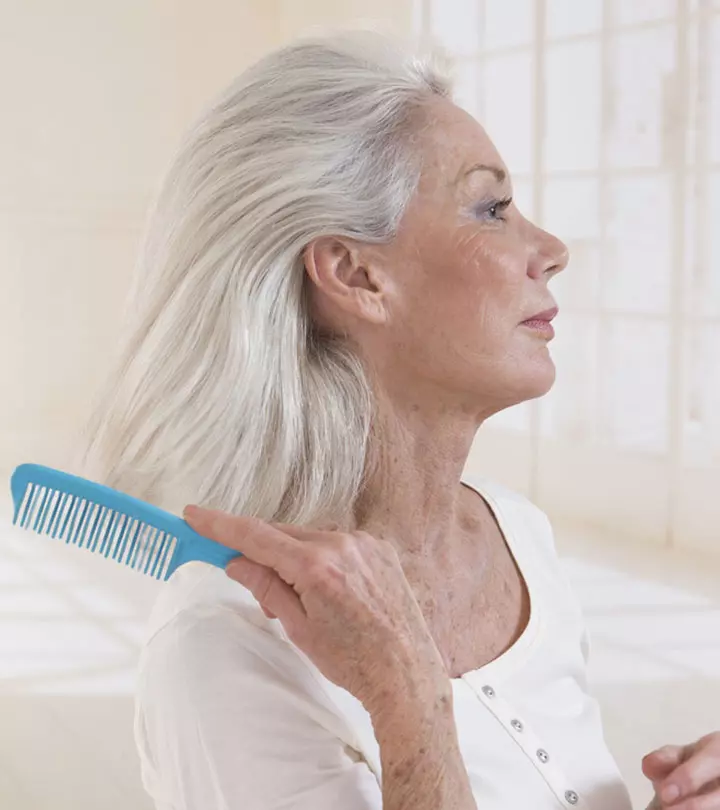
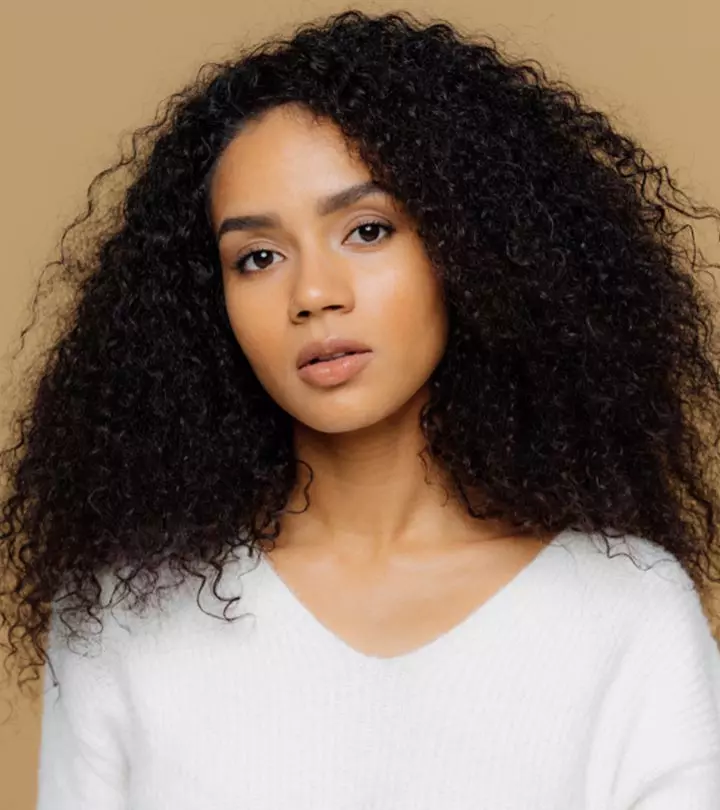

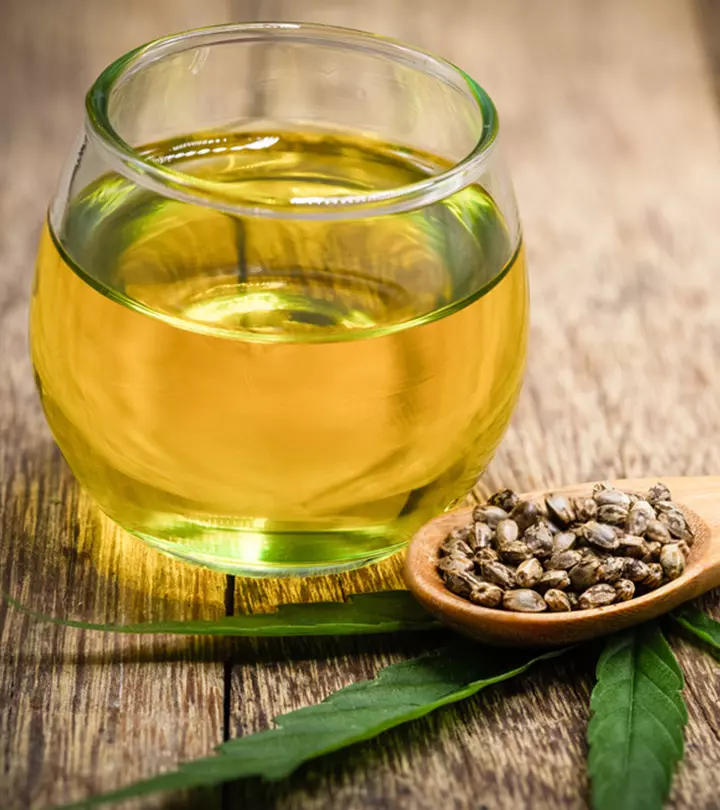
Community Experiences
Join the conversation and become a part of our empowering community! Share your stories, experiences, and insights to connect with other beauty, lifestyle, and health enthusiasts.